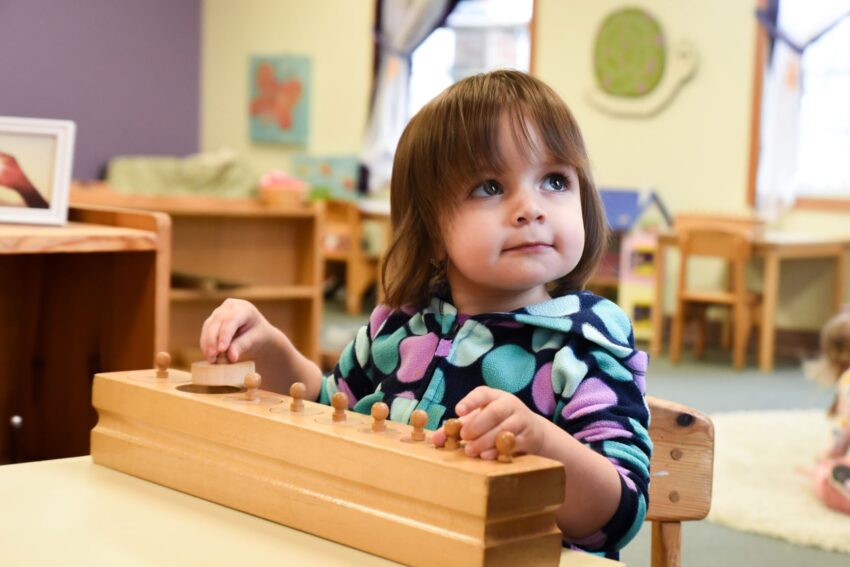The Power of Montessori Measurement Materials: Fostering Essential Skills in Children
Montessori education is renowned for its focus on hands-on learning and providing children with the tools they need to develop essential skills. One area of Montessori education that is particularly powerful in fostering these skills is the use of measurement materials. Measurement skills play a crucial role in a child’s development, and Montessori materials provide a unique and effective way of teaching these skills.
What are Montessori Measurement Materials?
Montessori measurement materials are manipulative tools designed to engage children in learning about various measures such as length, weight, time, and volume. These materials are carefully crafted with different colors, textures, and shapes to capture children’s attention and make learning enjoyable.
The Importance of Measurement Skills:
Measurement skills form the foundation for understanding the world around us. From understanding the size of objects to following recipes or reading a schedule, measurement skills are vital in our daily lives. By mastering measurement, children develop valuable problem-solving skills, critical thinking abilities, and an understanding of mathematical concepts.
How Montessori Measurement Materials Foster Essential Skills:
1. Sense of Order: Montessori measurement materials teach children the concept of order. They learn to organize materials by size, shape, and quantity, fostering a sense of organization and structure. This skill translates into other areas of their lives, such as sorting toys or tidying up their belongings.
2. Hand-Eye Coordination: By manipulating measurement tools, children improve their hand-eye coordination. Using materials like a balance scale or a measuring tape requires precision and control, enhancing their fine motor skills.
3. Logical Thinking: Montessori measurement materials introduce children to logical thinking. They learn to compare and analyze different objects based on their attributes. For example, comparing the length of two rods or measuring the weight of various objects sharpens their logical thinking skills.
4. Estimation Skills: Measurement materials encourage children to estimate and make educated guesses. For instance, they may estimate the length of an object before measuring it with a ruler. This fosters their ability to predict outcomes and think critically.
5. Problem-Solving: Montessori measurement materials present children with problems to solve. They must determine how to measure accurately, make conversions, or find solutions to mathematical equations. This enhances their problem-solving skills and helps them develop logical strategies.
6. Concrete Understanding: Montessori materials provide children with concrete experiences that make abstract concepts tangible. Instead of relying solely on verbal explanations, children can visually and physically grasp measurement concepts by using the materials.
Montessori measurement materials offer a unique and effective way of teaching children essential measurement skills. These materials not only help children understand the world around them but also develop critical thinking, problem-solving, and logical skills. By utilizing Montessori measurement materials, educators and parents can empower children to embrace the power of measurement and apply these skills to various contexts.
Nidhin
For More Details Call: +917510220582

